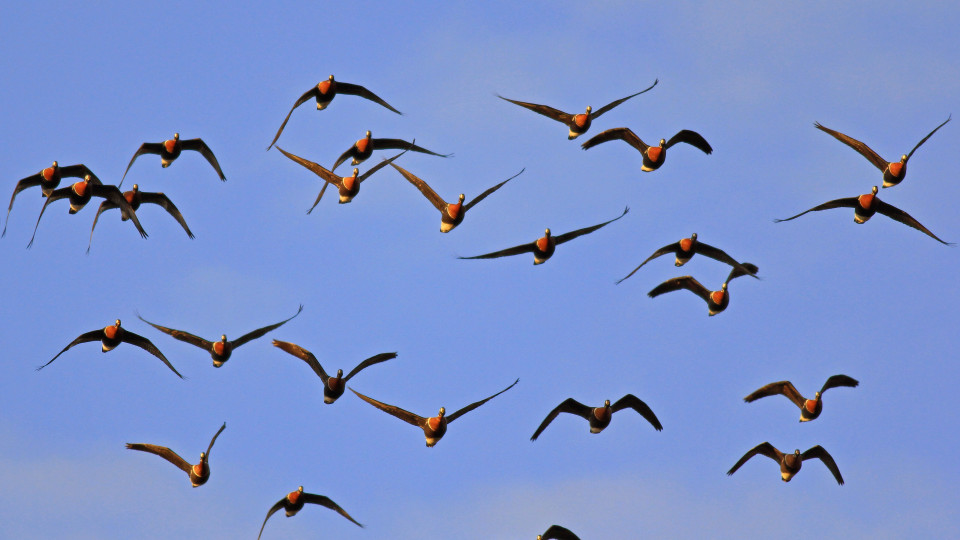Brussels – This morning, the European Commission decided on the follow-up to the Fitness Check of the EU Birds and Habitats Directives. Wetlands International – European Association, representing the interest of European NGOs involved in the conservation of wetlands and their biodiversity, is pleased with the support of the Commission to keep the Union’s robust nature legislation intact and the proposal to develop an Action Plan for improving implementation of the Directives.
The EU conducted a Regulatory Fitness Check (REFIT) of the Birds and Habitats Directives, which provide one of the strongest international legislative protections for biodiversity anywhere in the world. The REFIT exercise, which was launched in 2014, aimed at assessing whether the directives are “fit for purpose”. Extensive consultation with Member States, experts and the public proved the Directives are fit for purpose, but some gaps are identified in terms of implementation, enforcement and integration with other policies.
Wetlands International – European Association participated in the REFIT process by supplying data and knowledge on the effectiveness of the Directives. In particular, half a century of waterbird monitoring work coordinated by Wetlands International in the context of the International Waterbird Census (IWC) has resulted in a vast body of data and information, highlighting the benefits this legislation has brought to wetland habitats and their associated wildlife.
European wetland habitats and species have suffered major losses in the past and remain threatened. The State of Nature report showed that most habitats have an unfavourable status, with 77% of the assessments being unfavourable. In particular, ‘bogs, mires, and fens’ had a very high proportion of unfavourable assessments. The question is whether these failures are due to the Directives themselves. In terms of pressures and threats the same report identified that for terrestrial ecosystems, the most frequently reported pressures and threats are agriculture and the modification of natural conditions such as changes in water-body conditions, hydrological regimes, and water abstraction. This is also consistent with the assessments carried out under the Water Framework Directive.
After the wise decision made today by the Commission, we hope that attention is now turned to achieving greater sectoral support for nature conservation. Wetlands International- European Association will keep raising awareness to halt and reverse the loss of wetland habitats and species by safeguarding and reinforcing the effective implementation of the EU’s Nature legislation.

